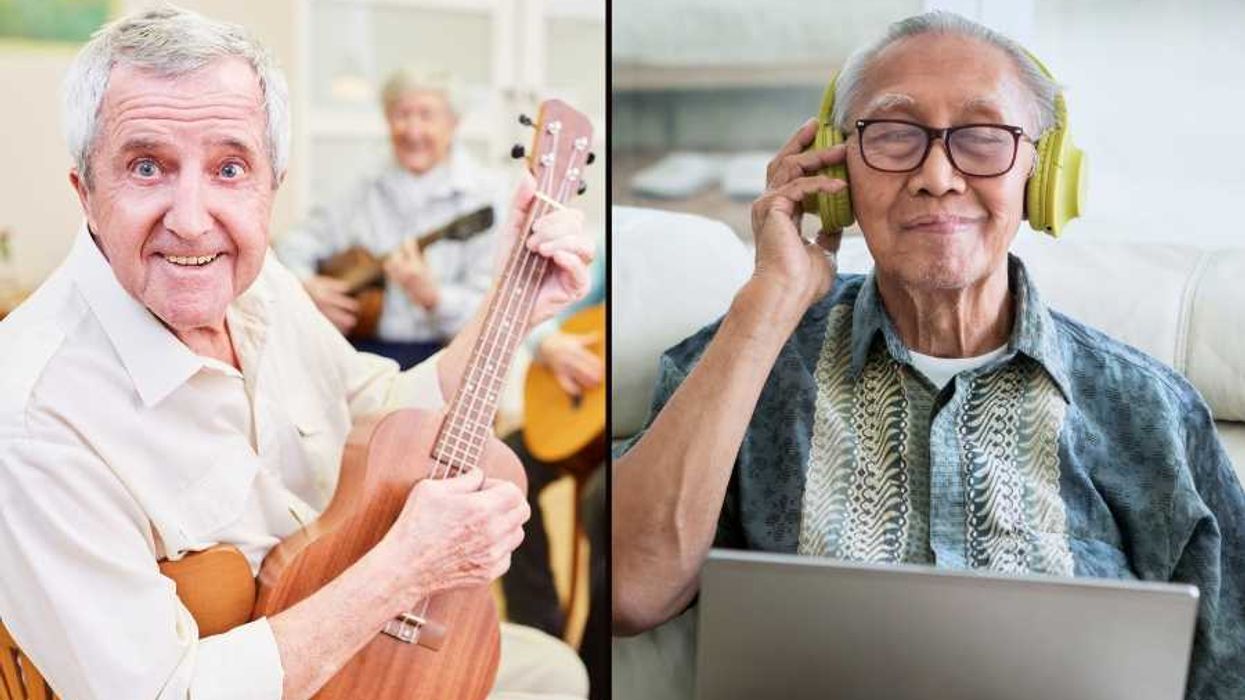The coronavirus pandemic may have closed international borders, but it also united people in shared struggles. In 2021, a Maori man named Jarom Ngakuru (@jaromngakuru), who was working in the U.S., was devastated when he couldn’t attend his grandmother’s funeral in New Zealand. Seeing his grief, Ngakuru's American co-workers surprised him with a traditional Maori dance that moved him to tears, according to Good Morning America.
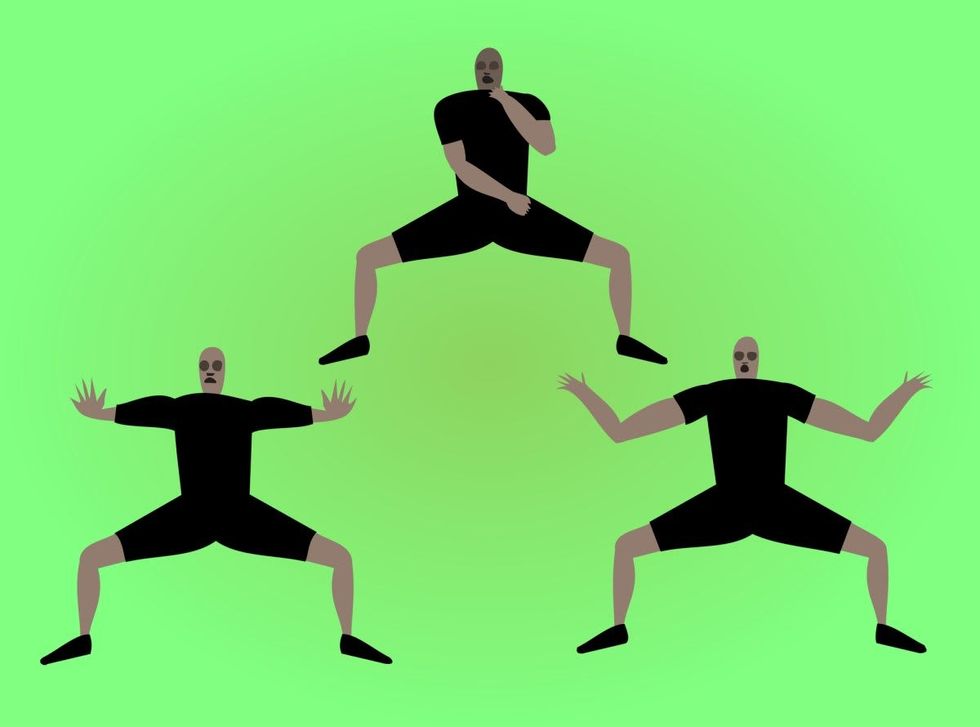
Ngakuru, heartbroken at not being able to say goodbye to his grandmother, shared with Good Morning America: “It was my nan, my mum’s mum. She passed away. I grew up with her. She is a big influence on my life. She was my last grandparent alive on Earth.” He added that in New Zealand when someone passes away, they bury them in the ground “really, really quick.” His grandmother was buried within just two days of her passing. “By the time I would be able to fly back home, and make it from America, I was going to miss her funeral,” he said.
He added that he couldn’t fly home even if he tried to, since New Zealand restricted people from flying in and out because of COVID. So, while he was struggling with utter grief, his co-workers came together to help him heal. “And they just said, ‘Hey we’re here,’” Jarom recalled, “We already know what’s happening. We got together a bunch of things for you.” He revealed that his friends got him a bag of treats from a little store in New Zealand, his hometown, along with a card that had a heartwarming message written on it.
In addition to all that, they planned a thoughtful gesture by secretly learning the traditional Maori dance called “haka,” which is usually performed at significant events like weddings and funerals. The group was led by Jarom’s brother-in-law, Tongan, who also lives in America, and taught them the haka dance in just 24 hours. In May 2024, Jarom uploaded a short TikTok clip featuring their performance that brought tears to his eyes back in 2021.
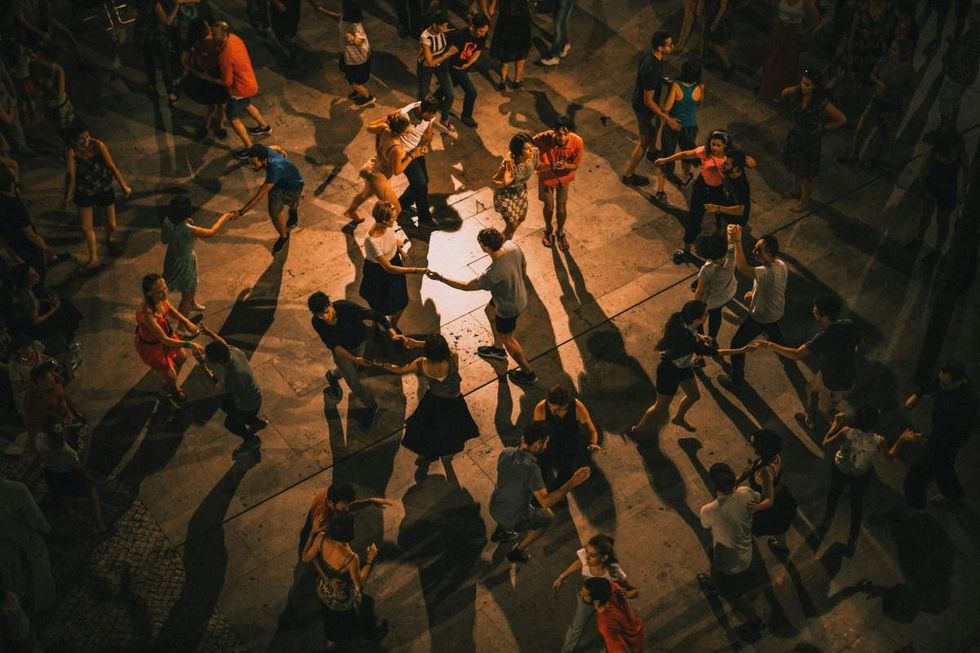
"The hardest part about living in America is that we live so far away. I couldn't make it home for my nan's funeral and I was broken! So my boys at work learned the haka without me knowing and brought home to me,” he wrote in the caption of the video. The clip shows the group of men passionately performing the traditional dance while vigorously slapping their chests and yelling chants in powerful voices. The tribe Ngapuhi, to which Jarom belongs, has its own style of performing haka, Jarom told Good Morning America. Describing his feelings after watching his coworkers perform the traditional dance, Jarom added, “The emotion I felt was like love and passion. Like compassion towards them all.”
@jaromngakuru Hardest part about living in america 🇺🇸 is that we live so far away. I couldnt make it home for my nans funeral and i was BROKEN! so my boys at work learned the haka without me knowing and brought home to me 🇳🇿🏠 #haka #grateful #maori #newzealand #brothers #fyp #foryou
The video resonated with viewers from New Zealand to Florida, prompting heartwarming comments. “Actually the best haka ove seen done by Americans,” commented @kiwi_the_bro. While @danisdailydose said, “This shows how loved you are over in the States by your workmates. the effort and time they put in to learn and bring home to you. So cool bro!”


Speaking to Good Morning America, Jarom admitted, “I obviously felt alone, having nobody around me in my family. And I was like, kind of, in my own little bubble,” he said, “But they just showed support, and in a way that I was like, ‘Whoa, this is crazy!’ I never saw it coming, but it helped me relieve a lot of stress, knowing that I have family here, even when I can’t be there.”








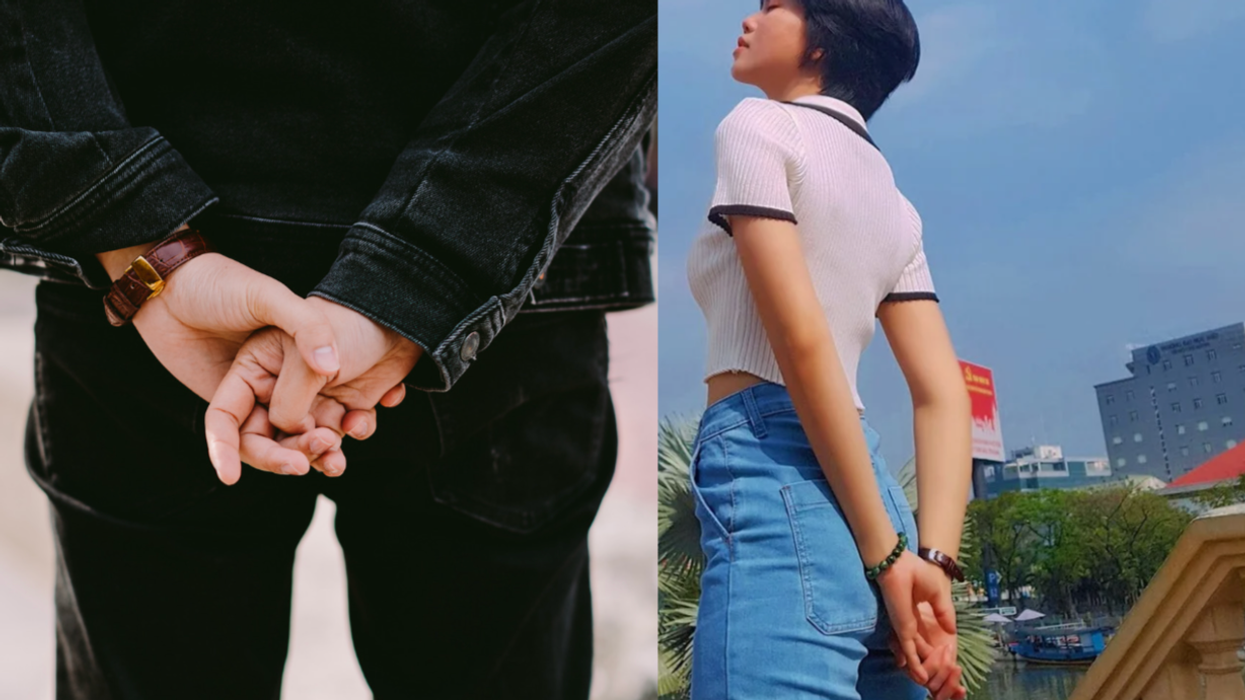



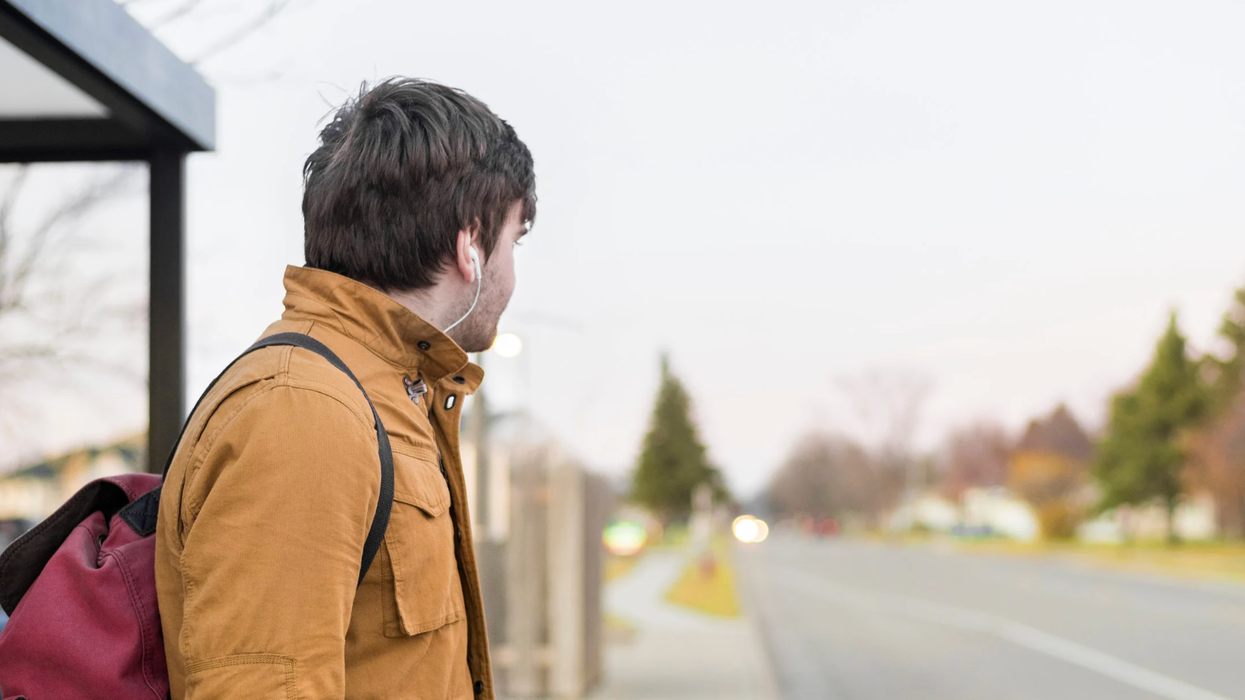



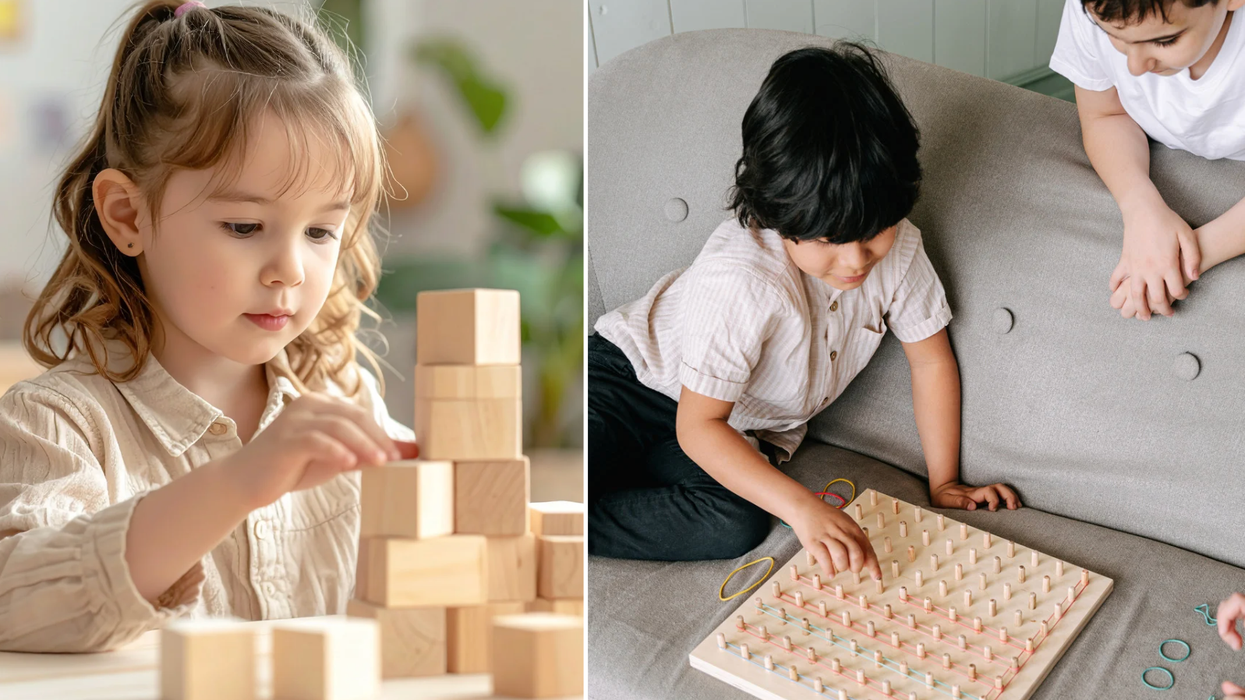




 Ladder leads out of darkness.Photo credit
Ladder leads out of darkness.Photo credit  Woman's reflection in shadow.Photo credit
Woman's reflection in shadow.Photo credit  Young woman frazzled.Photo credit
Young woman frazzled.Photo credit 

